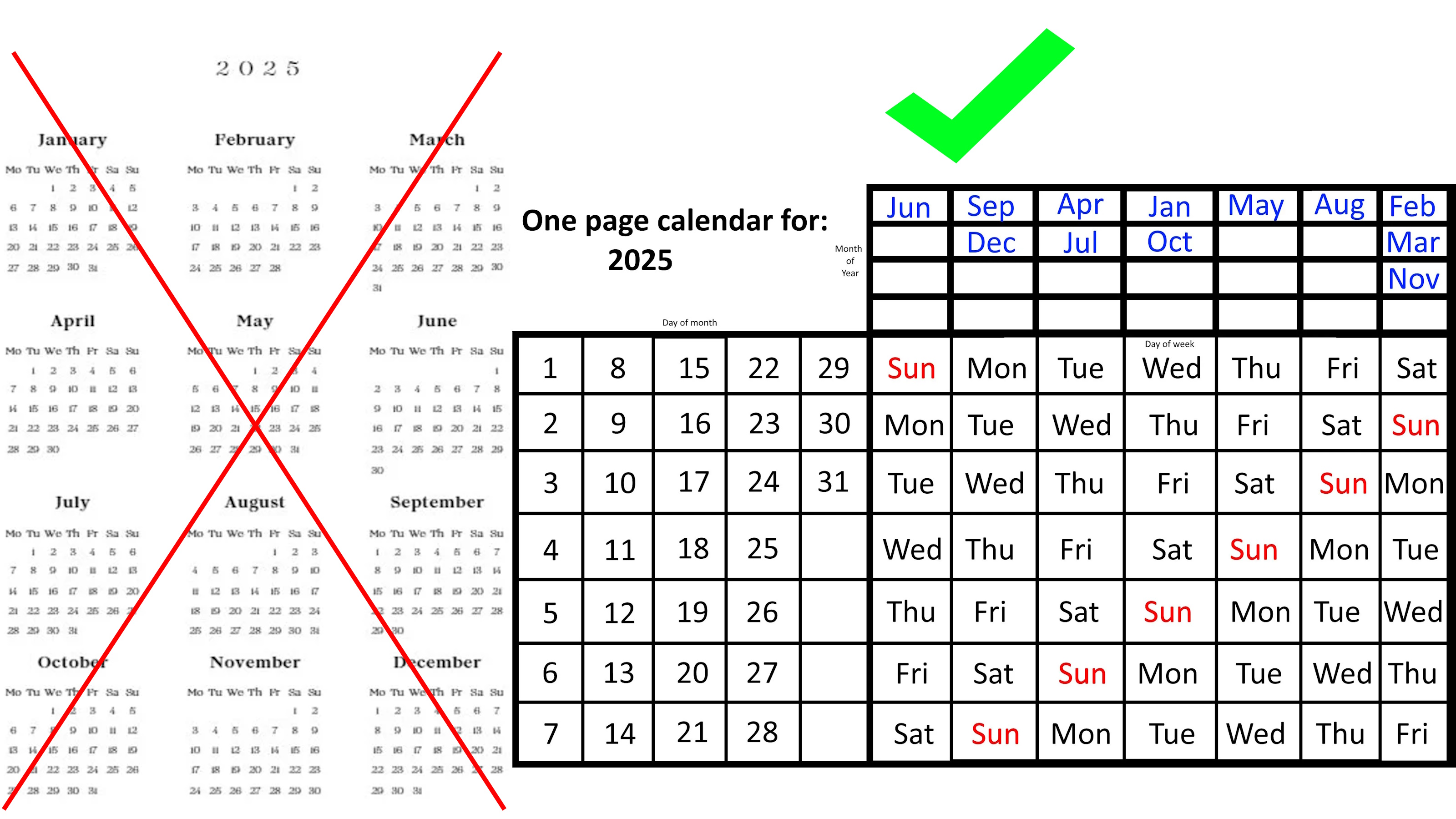Leadership isn’t about making all the decisions. It’s about empowering talented people to make many of them for you, and utilizing their talents as effectively as possible.
TomGlocer: Don't just hire people who are arms and legs and expect all the thinking to come from you rather than the additional force multiplier that can come from hiring smart, skilled, opinionated individuals. So let me give you an example. If I have a small business and I'm the creative fountain of every idea, I can go out and hire five people and tell them, don't do anything yourself, all wisdom comes from me, just go and do what I want you to do, you know, the sales exec, go and sell in this way 1,000 widgets, the marketing person, here is my idea of the complete marketing campaign, and maybe I'll get a reasonably thriving business, but I'll never get any sort of innovation or disruption that doesn't come and doesn't start from me. And obviously as you scale up from a five person to a 5,000 person to a 50,000 person enterprise, it becomes absolutely absurd.
So what I've always looked for are people who will bring you the unexpected. I look for somebody who shows a streak of independence, that they're not just a yes man, that they're not trying to figure out what's the right answer and tell me, parrot back what they think I want to hear because I'm convinced that that's the sort of political behavior I'll get down the road. Now along the way to making an assessment as to whether there is a certain gravitas, a groundedness in the person I'm also picking up how are the communication skills, how do they think about issues, how honest are they about mistakes they may have made and learned from.
I think it's really hard to identify those sort of non-obvious skill sets--curiosity, willingness to challenge, honesty to speak truth to power. Those are difficult traits because an interview tends to be a fairly ritualized exchange of information with the employee being careful about what he or she presents. He's not quite sure what you want, and as a result you can often have ships passing in the night. Get a variety of data points. Have several people from the senior ranks of the company meet the candidate. If possible, do it more than one time. So if you look at very people-intensive businesses--Goldman Sachs, Barclays Capital, Google as well--they spend a lot of time--and the senior people in the organizations even though they've gotten quite big spend a lot of their time--in employee selection because ultimately that is the work product that they're going to expose to their consumers.
Directed / Produced by Jonathan Fowler & Elizabeth Rodd





